The Organization of Islamic Cooperation (OIC) has officially endorsed Djibouti’s Foreign Minister, Mahmoud Ali Youssouf, for the chairmanship of the African Union Commission (AUC).
This endorsement, which was made ahead of the February 2025 elections, positions Youssouf as a strong contender in the race to succeed Chad’s Moussa Faki, who is set to retire after his two terms in office.
Youssouf’s candidacy is not without competition, particularly from Kenya’s Raila Odinga, a prominent figure with substantial support within East Africa.
Odinga has already received backing from key East African leaders, including Ugandan President Yoweri Museveni and Tanzanian President Samia Suluhu.
This support highlights the regional divide in East Africa as countries rally behind their respective candidates, reflecting a broader geopolitical contest within the continent.
Youssouf, who has served as Djibouti’s Foreign Minister since 2005, brings extensive experience in diplomacy and conflict resolution.
His campaign is bolstered by the support of the OIC, which represents 27 African member states, and a coalition of francophone countries.
These alliances may prove crucial in tilting the balance in his favor, especially given the divided support within East Africa.
The race for the AUC chairmanship underscores the complex dynamics of African politics, where regional affiliations, language, and international alliances play significant roles.
Youssouf’s candidacy is seen as a strategic move by Djibouti to enhance its influence within the African Union, particularly by leveraging its Islamic and francophone connections.
However, he faces a formidable challenge from Odinga, whose pan-African credentials and political stature make him a strong competitor.
The upcoming AUC elections are expected to be closely contested, with the outcome likely to influence the future direction of the African Union, particularly in terms of regional integration and geopolitical alignment.
The support of the OIC for Youssouf is a major development, highlighting the interplay between religious, linguistic, and regional identities in the pursuit of leadership within the African Union.







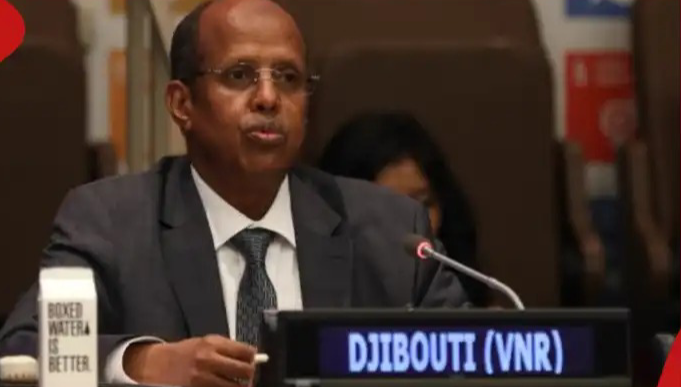

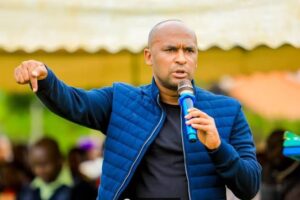


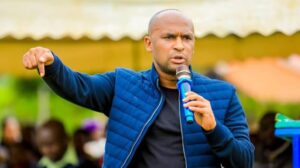

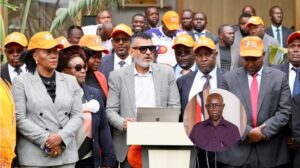

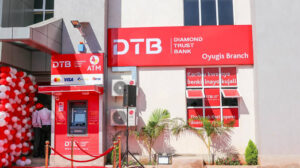
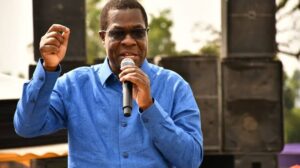


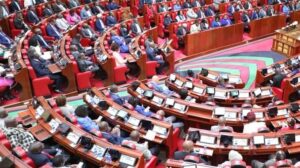
Add Comment